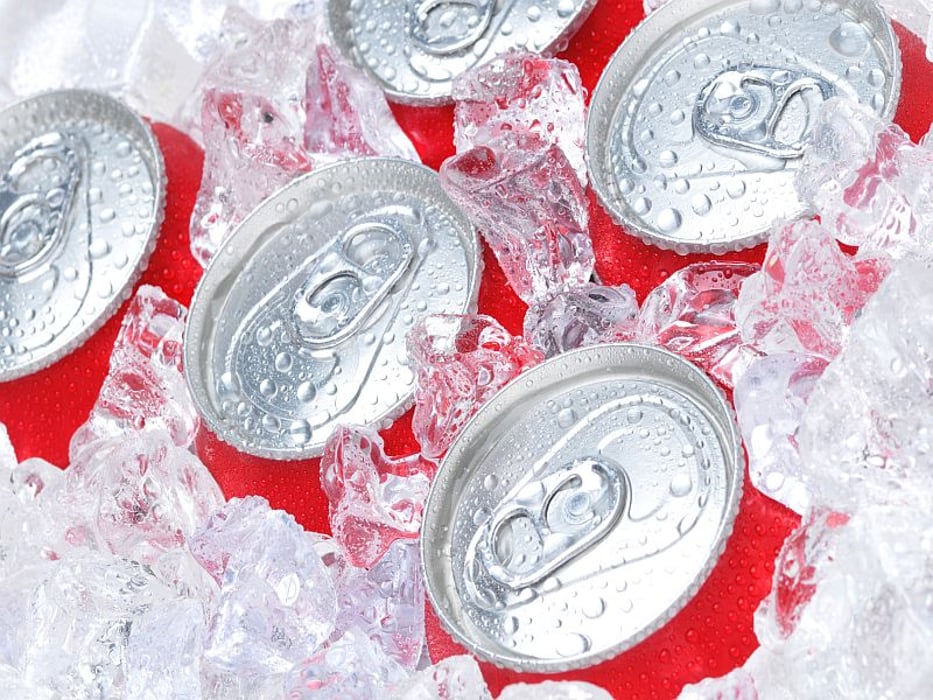Diet Drinks May Not Affect Urinary Function in Women

WEDNESDAY, Dec. 28, 2022 (HealthDay News) -- If you struggle with urinary incontinence and worry that diet drinks may make matters worse, new research suggests they may not have a significant effect.
"This study is important in that it may guide clinicians counseling women with urinary incontinence to focus more on behavioral modifications, such as total volume intake, rather than on the type of beverage consumed," said Dr. Stephanie Faubion, medical director for the North American Menopause Society (NAMS).
"Further, given the multiple potential adverse health effects associated with consuming sugar-containing beverages, counseling should be directed away from avoidance of artificially sweetened beverages," Faubion added in a NAMS news release.
Past research on rat models had found that artificial sweeteners enhanced contraction of the detrusor muscle, which pushes urine out of the bladder, according to the U.S. National Institutes of Health.
Despite anecdotal evidence that several foods and drinks have adverse effects on the bladder and lower urinary tract, few have confirmed a link between urinary incontinence and artificial sweeteners.
The new study is based on an analysis of data from the Women's Health Initiative study and included more than 80,000 women.
It aimed both to examine a potential association between artificially sweetened beverages and urinary incontinence symptoms and to identify whether stress or urge incontinence was most associated.
Urinary incontinence is the loss of bladder control and the unintentional leaking of urine. Stress incontinence is leaking when sneezing, laughing or exercising. Urge incontinence is a sudden need to urinate, according to the U.S. National Institute on Aging.
An embarrassing condition, it's also associated with other health issues, such as thinking impairments, functional decline, falls, fractures, stroke, depression and an overall poorer quality of life.
Nearly 20% of women over 50 struggle with urinary incontinence, and a host of factors can trigger the condition.
The findings were published online Dec. 13 in the NAMS journal Menopause. The study was supported by the U.S. National Heart, Lung, and Blood Institute.
More information
The U.S. National Institute on Aging has more on urinary incontinence in older adults.
SOURCE: North American Menopause Society, news release, Dec. 14, 2022
Related Posts
USPSTF: Evidence Lacking for Glaucoma Screening in Adults
TUESDAY, May 24, 2022 (HealthDay News) -- The U.S. Preventive Service Task Force...
Combo Therapy Could Treat Oral Melanomas in Dogs
TUESDAY, June 27, 2023 (HealthDay News) -- Could a treatment combo that improves...
STDs May Be More Common Than Thought Among U.S. High School Kids
MONDAY, April 11, 2022 (HealthDay News) -- Too few sexually active teens are...
Hay un gran aumento en los casos de enfermedad hepática vinculada con la obesidad en EE. UU.
LUNES, 19 de junio de 2023 (HealthDay News) -- La enfermedad de hígado graso...
